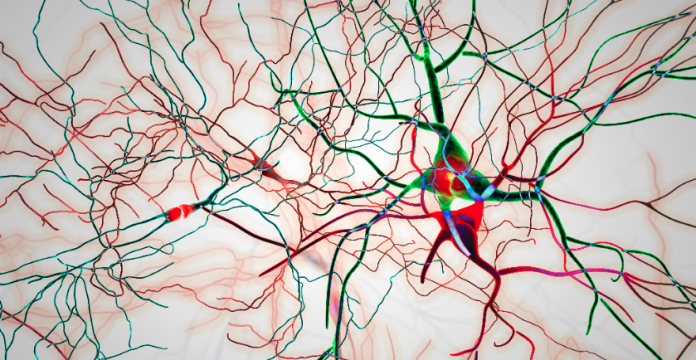
In the past, Parkinson’s disease has not been classified as an autoimmune disorder, even though the exact causes of this chronic, progressive disease are not understood. However, the findings of a new study indicate that a protein in Parkinson’s disease causes an autoimmune response in about 40 percent of patients. Such a finding can have an impact on how experts take steps to find new ways to prevent and treat the disease.
Parkinson’s disease is characterized by tremors, slowed movement, loss of sense of smell, dizziness, difficulty sleeping, constipation, and being stooped or hunched over. It has typically been classified as a neurodegenerative disorder, which means the symptoms are believed to be associated with the reduction and eventual stopping of the production of a neurotransmitter in the brain called dopamine. As the amount of dopamine declines, individuals have less and less ability to control their body movements and emotions.
Read about Parkinson’s disease linked to pesticide in milk
Discovery of the role of the immune system in Parkinson’s could open the door to a greater understanding of this disease. In the study, experts used a blood test and exposed immune cells called T cells to a protein called alpha-synuclein, which accumulates in the nerve cells in some people with Parkinson’s disease. The authors used blood samples from 67 people with Parkinson’s disease and 36 healthy individuals.
If the body is unable to properly breakdown alpha-synuclein, as was seen in the study, pieces of the proteins can build up in the nerve cells that are presented to T cells, which may consider them to be foreign. The immune system’s recognition of these proteins as foreign or as an invader-even though they are not–is a characteristic of an autoimmune disorder.
Read about can you cure your autoimmune disease with vitamin D?
According to coauthor David Sulzer, a neuroscientist at Columbia University and the New York State Psychiatric Institute in New York City, “The data strongly indicate that we better look at autoimmune responses as at least one of the links in the chain of developing Parkinson’s.” He believes the autoimmune response he and his colleagues observed plays a role in progression of the disease but is not a trigger for its development.
More than one million people in the United States are living with Parkinson’s disease. Currently the cause is unknown and there is no cure. Discovery of information about the disease, such as noted here, may prove promising for those with the condition as well as those who may develop it in the future.
References
Sulzer D et al. T cells from patients with Parkinson’s disease recognize ?-synuclein peptides. Nature 2017 Jun 29; 546: 656-661
Cummingham A. Protein in Parkinson’s provokes the immune system. Science News 2017 Jun 21
National Parkinson Foundation. 10 early warning signs of Parkinson’s disease




